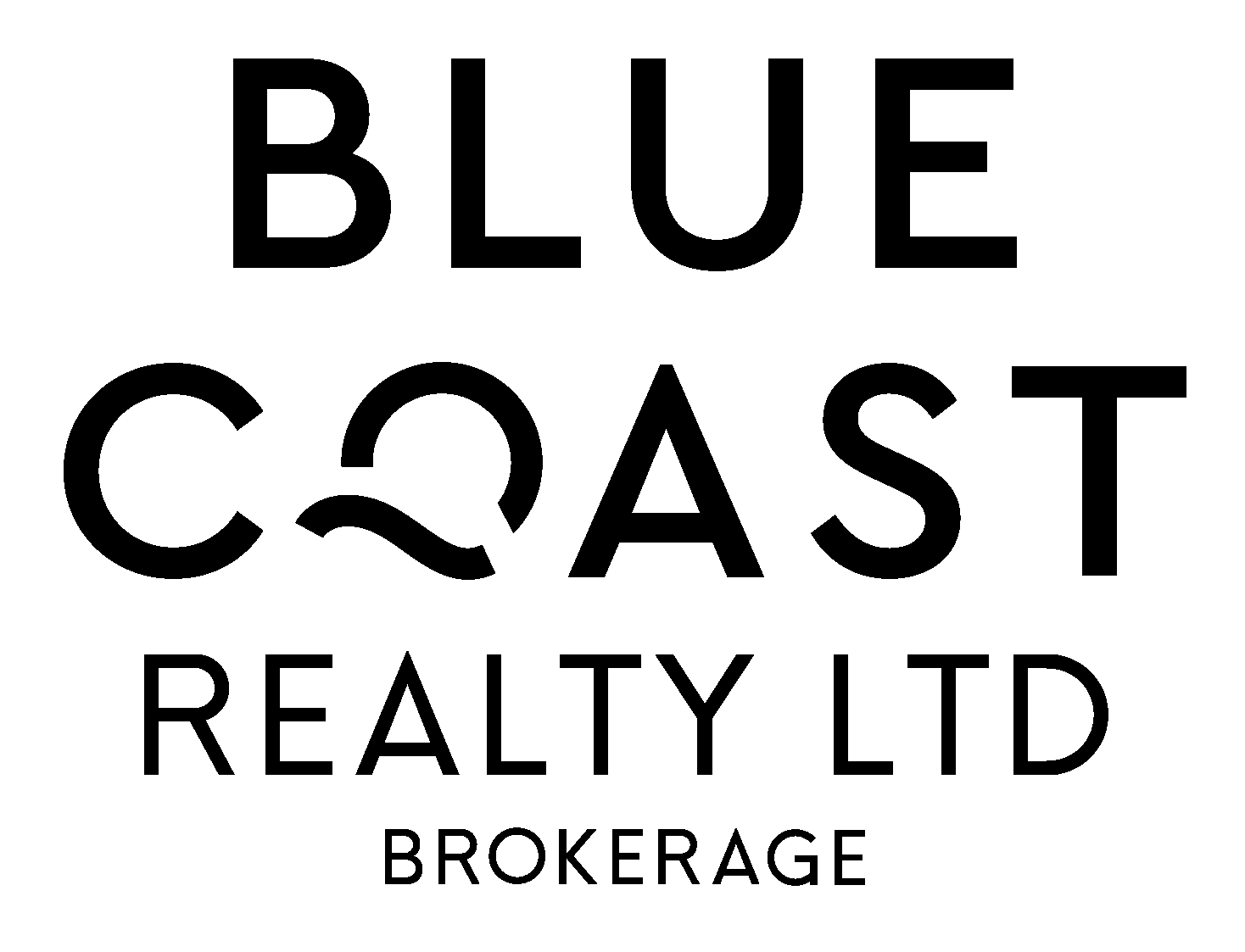.gif)
Real estate has historically been one of the most reliable ways to build wealth. People are most familiar with the classic ways homes build wealth, that is, the desire for the home's value to increase over time. But there are other ways to help you meet your goals.
How to Build Wealth Investing in Real Estate
If you're an investor who wants to get started investing in real estate but doesn't know where to begin, this article will provide some tips for investing successfully.
The most common ways of investing in real estate are active and passive. Active approaches include owning your principal residence, renting out a property, or home flipping.
Passive investments entail REITs (real estate investment trusts), ETFs (exchange-traded funds), and mutual funds that invest in the real estate market as well.
You might already be familiar with some of these methods while others may be entirely new to you.
Principal Residence
The decision to buy a home is not just about the moment you enter your new front door. It’s also an investment that will grow and provide financial security for many years in the future!
Homeowners have seen great increases in their wealth as their home values have risen. When renting, your money is paying someone else's mortgage. You can start saving more and build wealth in a primary residence.
House Flipping
House flipping means taking an out-of-date or worn-down home and renovating and remodeling in order to sell it for a profit.
Homes that haven't been kept very well may have many costly issues, so prepare to put some serious work into these fixer-uppers.
Rental Properties
House flipping is a lot of work, so purchasing a rental property might be more your style. With an adequate down payment saved up, buying a rental can be a very profitable endeavor.
With a rental property, you gain wealth in your home's equity every month as the tenants pay off the mortgage. Any extra rent leftover from your mortgage payment can be saved.
Vacation Property
If you’ve got a great location, you might want to invest in a Vacation Property. This could mean owning and operating a bed and breakfast or even owning a motel/hotel, or cottage/cabin that you rent out.
A cottage can be a great option, where you rent out the unit on the weeks your family won't be spending there, allowing others to essentially pay the mortgage for you. Canadians love their cottage time, and often shell out between $1000-$2000 a week to stay at a cottage. Say a mortgage on a cottage is $250,000 with a 25-year term, and a 3.5% interest rate, $3000 in taxes, a $1000 in insurance, your mortgage payment could be around $1,600. This means renting for a minimum of $1000 a week would still be profitable.
This is best done with friends you know and respect. Unless you trust them to clean up, you'd better live close enough to be able to keep the place clean.
Pre-Sale Condo Assignments
A pre-sale condo assignment is another option. This is when an investor buys a condo before it's complete, and sells the rights to it to a buyer.
In these cases, the investor hopes the property increases in value over time as the buyer pays it off.
REITs
Real estate investment trusts own and operate properties like shopping centers, offices, hospitals, and apartments. Publicly traded REITs can be invested in - in the same way shares of a company can be invested in. Most REITs trade on major stock exchanges, and they offer many benefits to investors.
Private Mortgages
A private mortgage is a loan that one can get from friends, family members or even another business. In this case, you'll be the one loaning your money to a homeowner just like the bank would.
Private mortgages usually allow you to charge a higher interest rate than a bank. But investing this way comes with the downside of potentially realizing why the banks turned the person down, to begin with.
Room Rentals
If you have a separate entrance, or simply don't mind the company, renting a room or floor in your home could be a great way to make extra cash each month.
Renting a room can be a great experience when renters are adequately screened. When not screened properly, real problems can arise. We hear unbelievable stories of room rentals gone wrong, and they are not pretty; from noise complaints to cleanliness to theft and threats.
When letting anyone live with you, follow your gut feeling, and don't just think about the money. Make sure they are a match for your personality and get some character and employment references.
Also, remember to pay attention to the bylaws in your area when renting.
Rent-to-Own
Rent to own means having a property and renting it out, with a portion of the rent going back towards the tenant who is aiming to buy the home back.
Note that the majority of rent-to-own plans don't go through for one reason or another. For the investor, this means the portion that was set aside usually returns to their pocket.
Our team typically doesn't recommend rent-to-own, as the buyer usually gets the short end of the stick and the deals are usually one-sided.
Commercial Properties
If you can muster up some big bucks for a sizeable downpayment you could buy an office building, a plaza, or a mall and rent out the spaces. Commercial properties tend to change ownership less frequently than residential property. But if you can in on a commercial property, you may find it to be lucrative.

